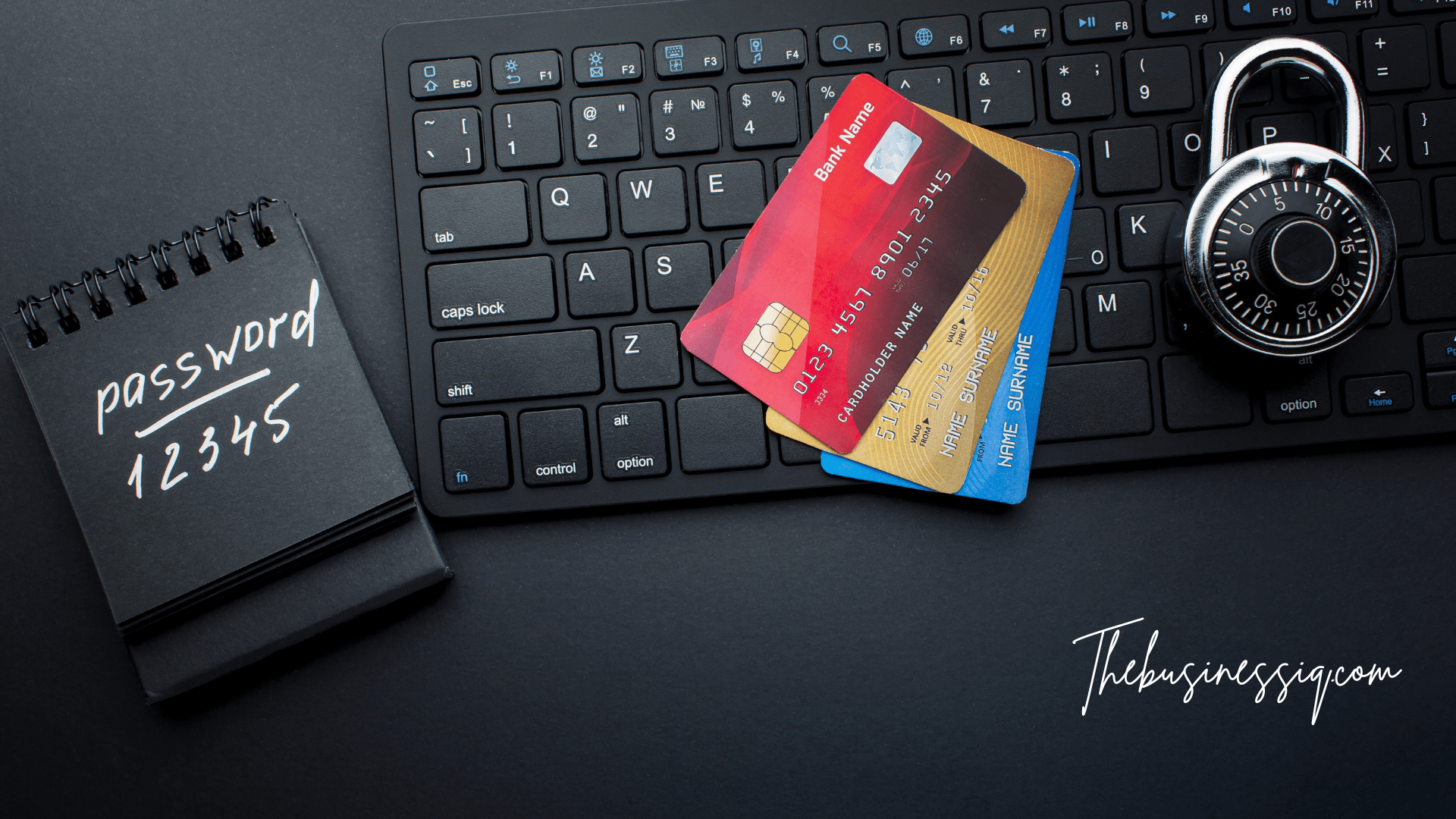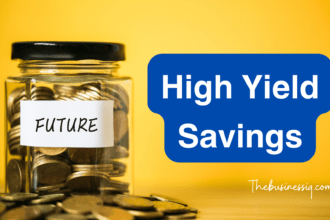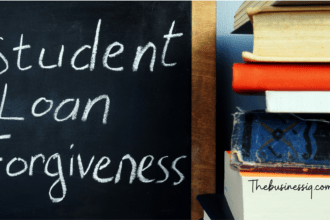Nowadays Credit cards have become an integral part of modern financial transactions, offering convenience and flexibility in managing expenses.
However, like any financial tool, credit cards can be misused, leading to credit card abuse.
In this post, we will learn about ‘what credit card abuse is, its underlying causes, signs that may indicate abuse and effective strategies for prevention.
What is Credit Card Abuse?
Credit card abuse, also known as credit card fraud or misuse, occurs when individuals or entities engage in unauthorized or fraudulent activities involving credit cards.
This can encompass various activities, from small-scale unauthorized charges to large-scale identity theft and organized criminal schemes.
Credit card abuse can have severe financial and legal consequences for both the cardholder and the issuer.

What are the Common Causes of Credit Card Abuse
Understanding the root causes of credit card abuse is crucial for addressing and preventing this issue. Here are some common factors that contribute to credit card misuse:
Financial Distress
Financial stress or difficulties in managing one’s finances can lead individuals to abuse credit cards as a temporary solution to cover immediate expenses.
The cycle of accumulating debt and making minimum payments can exacerbate the problem over time.
Lack of Financial Literacy
A lack of understanding about credit card terms, interest rates, and fees can result in reckless credit card use.
Many individuals may not fully grasp the long-term financial implications of their spending habits.
Impulse Buying
Impulse buying, driven by emotions rather than rational decision-making, can lead to excessive credit card use.
The ease of making impulsive purchases with a credit card can contribute to mounting debt.
Identity Theft
Identity theft is a prevalent form of credit card abuse where criminals obtain a person’s personal information and use it to open fraudulent credit card accounts or make unauthorized transactions.
This can have severe financial and emotional consequences for the victim.
Addictive Behavior
For some individuals, compulsive shopping or addictive behaviour can lead to credit card abuse.
Shopping addiction, also known as compulsive buying disorder, can result in the accumulation of significant credit card debt.
What are the Signs of Credit Card Abuse?
Recognizing the signs of credit card abuse is essential for taking timely action and mitigating potential damage.
Here are common signs that may indicate credit card misuse:
Unauthorized Charges
Discovering unfamiliar or unauthorized charges on your credit card statement is a clear indication of potential abuse.
Investigate and report any such charges to your card issuer immediately.
Maxed-Out Credit Limits
If you find that your credit card balances consistently reach or exceed the credit limit, it may signal a problem.
Maxing out credit cards can harm your credit score and financial stability.
Frequent Balance Transfers
Frequent transfers of credit card balances from one card to another may indicate an attempt to manage existing debt without addressing its root causes.
This practice can result in a cycle of debt accumulation.
Multiple Credit Card Applications
Submitting numerous credit card applications in a short period can be a sign of financial distress or an attempt to obtain additional credit for questionable reasons.
Calls from Debt Collectors
Receiving calls from debt collection agencies about unpaid credit card bills indicates financial trouble.
It’s essential to address these calls promptly and seek solutions to repay outstanding debts.
Emotional Distress
Experiencing stress, anxiety, or guilt related to credit card use may suggest an unhealthy relationship with credit cards. Emotional distress can be both a cause and a consequence of credit card abuse.
What are the Strategies for Preventing Credit Card Abuse
Preventing credit card abuse requires a combination of proactive measures, responsible financial practices, and vigilance.
Here are strategies to help you protect yourself from falling victim to credit abuse:
Financial Education
Invest in financial literacy and educate yourself about credit card terms, interest rates, fees, and responsible credit card use. Knowledge is a powerful tool in avoiding misuse.
Budgeting
Create a budget that outlines your income, expenses, and savings goals. Stick to your budget to avoid overspending on your credit card.
Monitoring Statements
Regularly review your credit card statements to identify and dispute any unauthorized or suspicious transactions promptly.
Secure Personal Information
Protect your personal and financial information to reduce the risk of identity theft.
Shred sensitive documents, use strong passwords, and be cautious about sharing personal information online.
Set Spending Limits
Consider setting spending limits on your credit card accounts to control your expenses and prevent excessive debt accumulation.
Seek Professional Help
If you struggle with compulsive buying or addictive behaviour related to credit cards, consider seeking assistance from a mental health professional or support group.
Use Fraud Alerts
Activate fraud alerts and notifications provided by your card issuer. These alerts can help you stay informed about unusual account activity.
Freeze Your Credit
Consider freezing your credit with the major credit bureaus to prevent unauthorized access to your credit reports and the opening of new credit accounts in your name.
How To Report Credit Card Abuse
If you suspect or experience credit card abuse, it’s crucial to take immediate action:
Contact Your Card Issuer: Report any unauthorized charges or suspected abuse to your credit card issuer as soon as possible.
They can guide you through the process of resolving the issue and may issue a new card with enhanced security features.
File a Police Report: If you believe you are a victim of identity theft or a larger fraud scheme, file a police report to document the incident.
Monitor Your Credit: Continuously monitor your credit reports for any suspicious activity. Report any inaccuracies or unauthorized accounts to the credit bureaus.
Credit card abuse is a significant financial concern that can have far-reaching consequences for individuals and families.
Understanding the causes, recognizing the signs, and implementing preventive measures are essential steps in safeguarding your financial well-being.
By staying informed and practising responsible credit card use, you can reduce the risk of falling victim to credit abuse and maintain control over your financial future.




